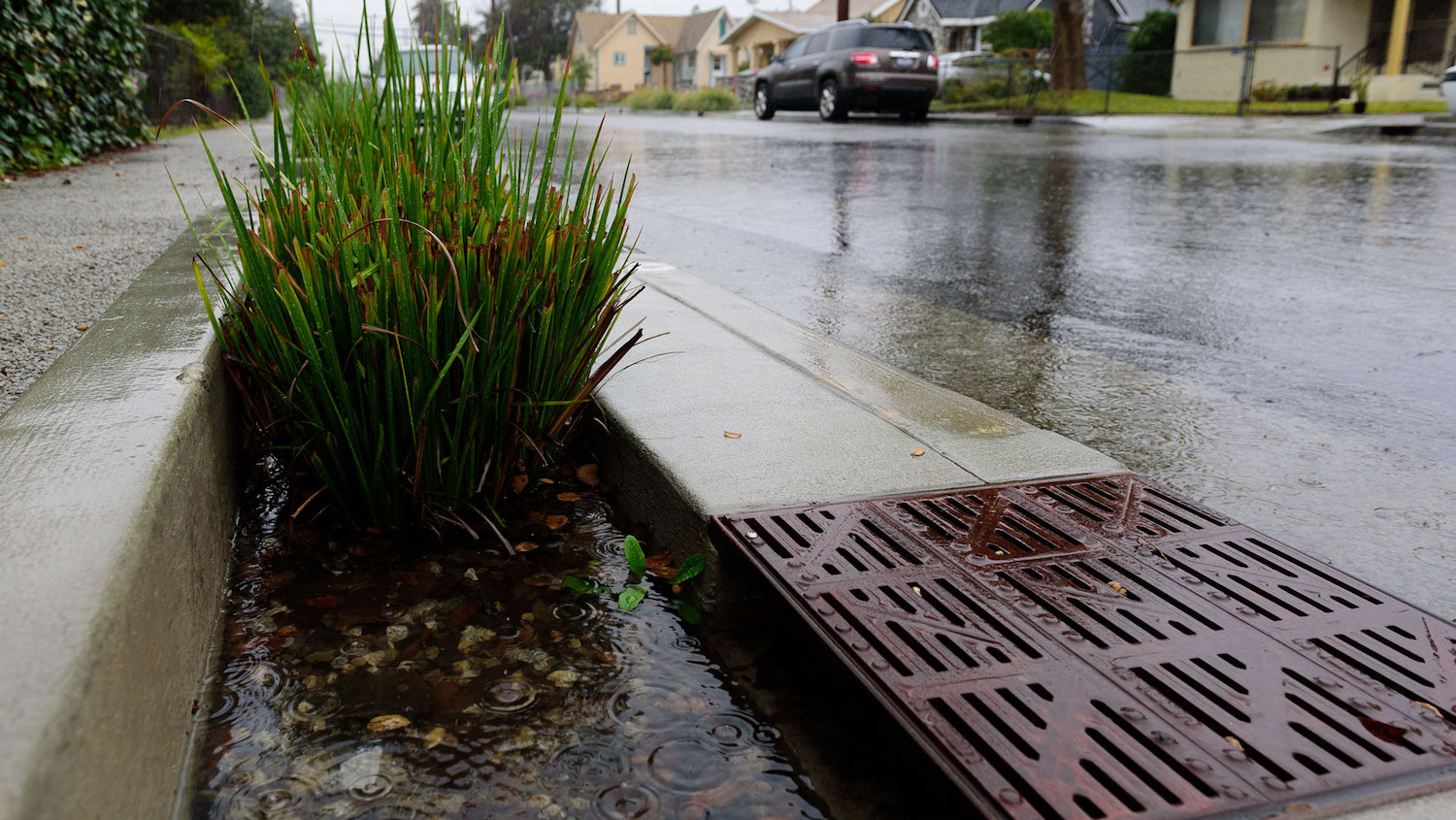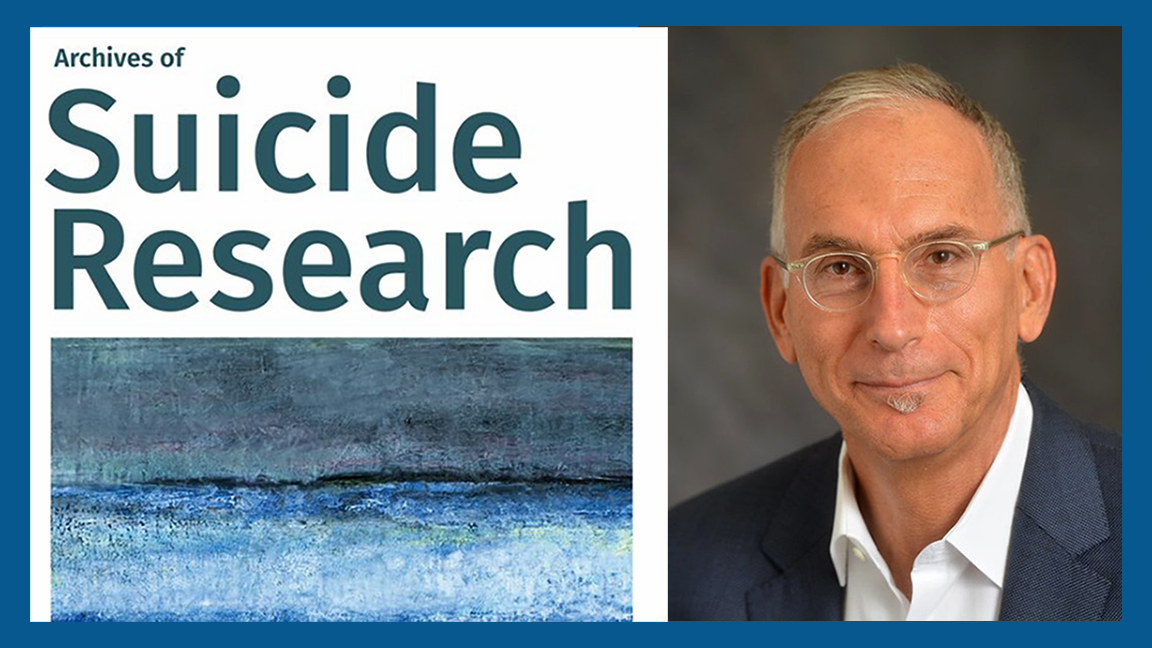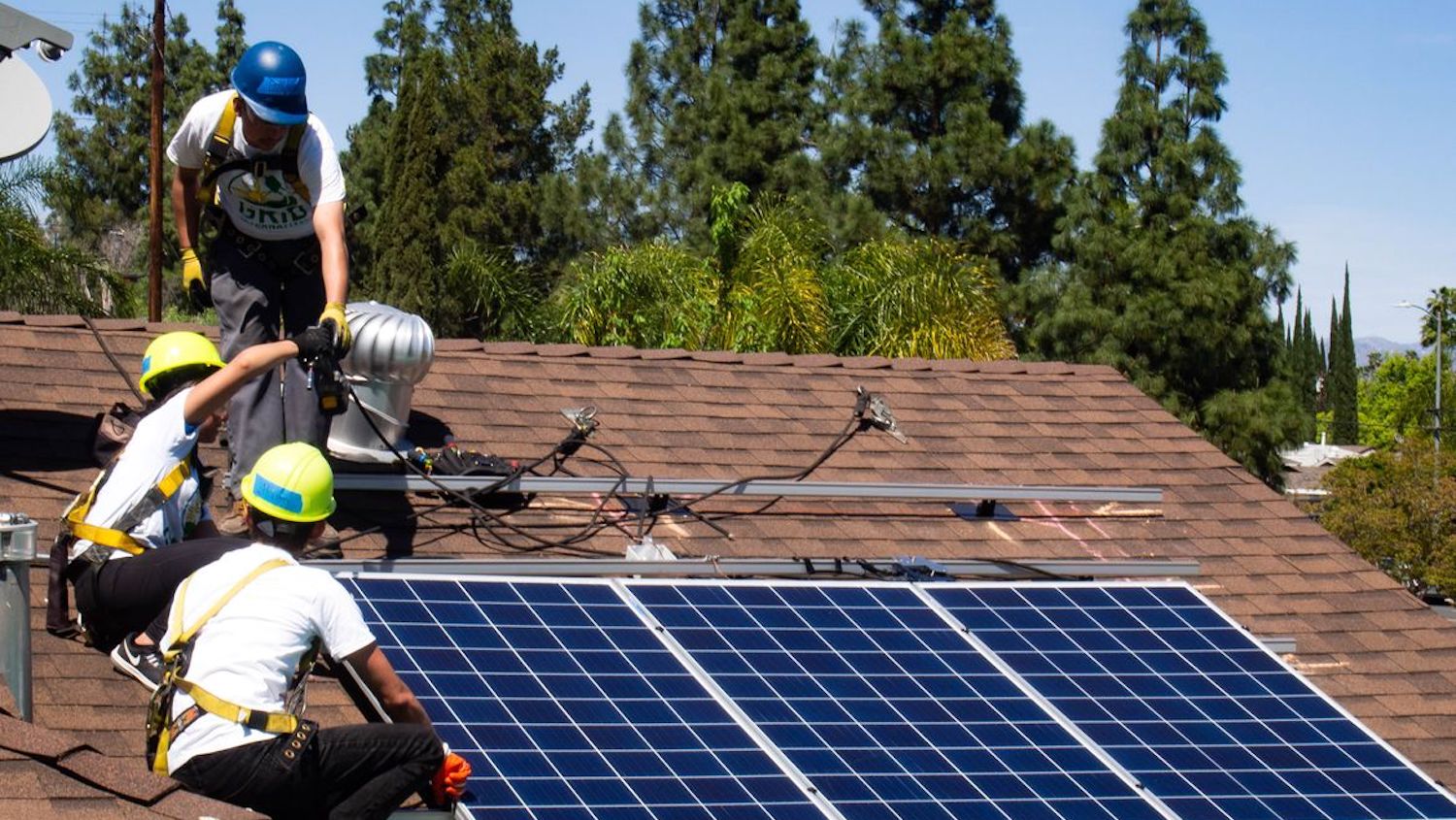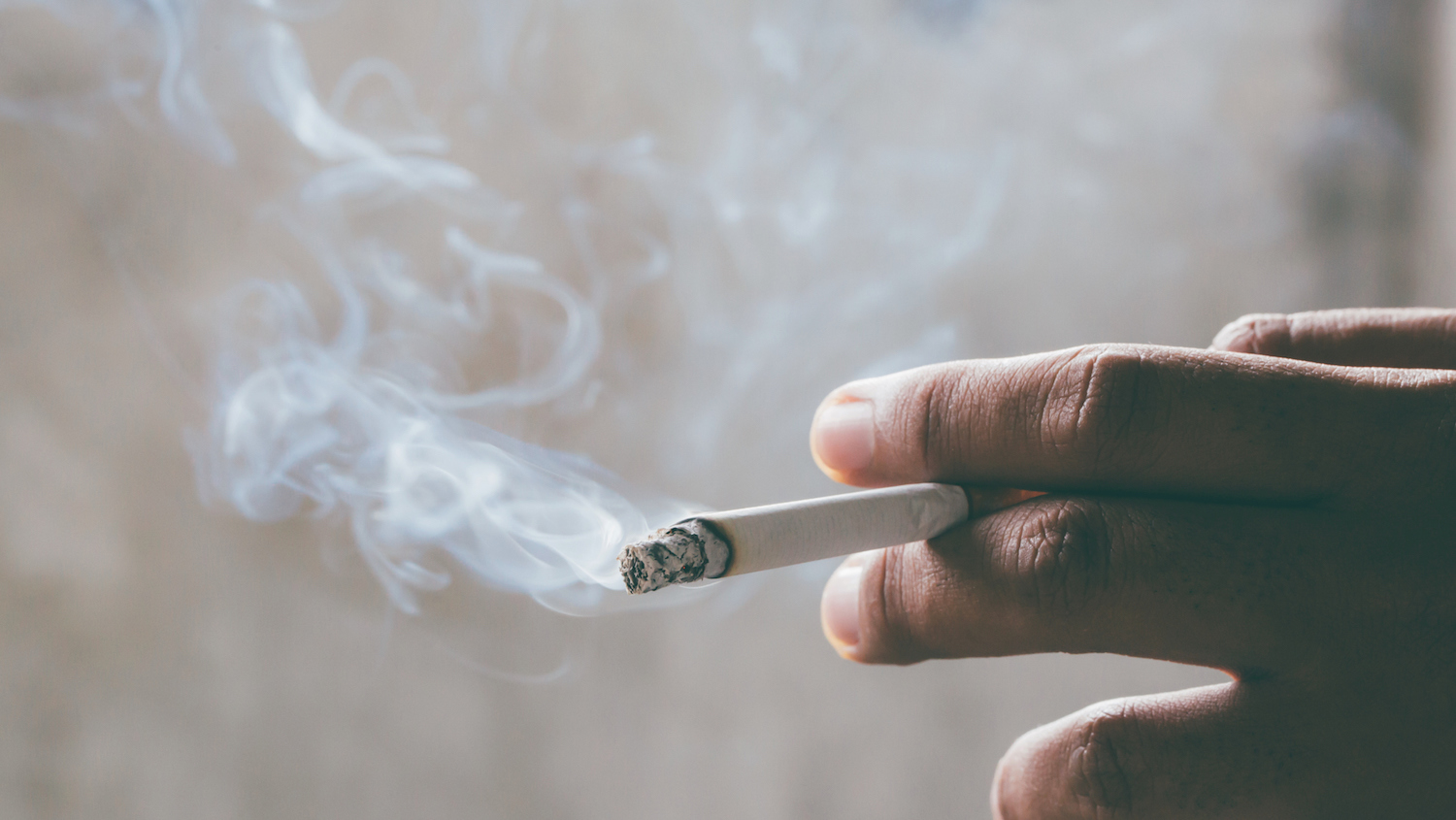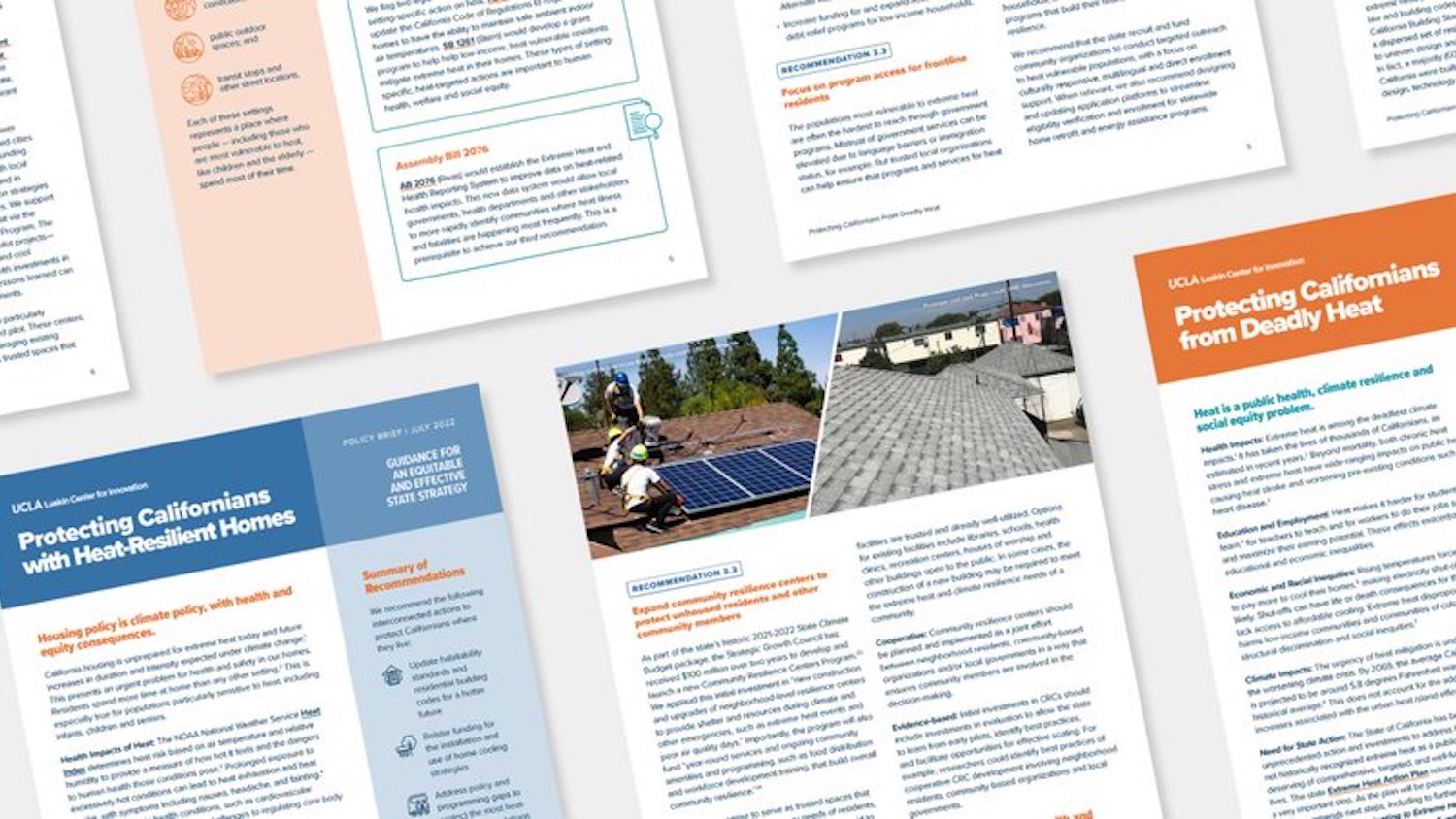Informing Equitable Stormwater Investments in L.A. County
In a drought-prone area like Los Angeles, rainwater provides tremendous potential to boost local water supply, as well as provide multiple other ecosystem and community benefits. That’s why in 2018, L.A. County voters approved Measure W, a tax that raises about $280 million annually to capture, clean and reuse water runoff. Measure W and the program it created, the Safe Clean Water Program, funds projects to clean and strengthen the local water supply and build community resilience. Research by the UCLA Luskin Center for Innovation and Stantec is helping to ensure that these investments benefit all Angelenos, especially residents of disadvantaged communities, as the program already calls for. A new report provides advice to the county to strengthen the impacts of the program over time. The study analyzed 116 projects funded by the program — projects like converting open spaces into wetlands and adding rain gardens along transit lines. Researchers explored the program’s selection process and how projects are geographically distributed in disadvantaged communities. The team also conducted workshops with nonprofit, community-based, and public and private sector stakeholders to understand neighborhood needs and anticipated benefits from each project. “It’s crucial that members of disadvantaged communities have the opportunity to identify those benefits for their own communities. It can’t just be a top-down process,” said Jon Christensen, co-author of the report and an affiliated scholar at the Center for Innovation. This project builds upon the center’s research on local water resilience, environmental equity and urban greening, as well as L.A.’s voter-approved infrastructure measures.
UCLA Study Finds Significant Increase in Firearm Suicide Among Young Black Adults
The suicide rate for young Black adults has increased significantly since 2013, according to a new research report co-authored by UCLA Luskin’s Mark Kaplan, professor of social welfare. Increases in overall suicide rates among young Black and other racial/ethnic minority populations are characterized as “alarming” by Kaplan and colleagues from UCLA and UC Merced in the study published by the journal Archives of Suicide Research. Based on data from the Centers for Disease Control and Prevention, the research team identified adults aged 18-25 who died by suicide from any method, as well as firearm-related suicides in the United States. After more than a decade of declining rates of suicide among young Black adults, the new results showed an 84.5% increase in the firearm suicide rate among Black men and a 76.9% increase among young Black women between 2013 and 2019. “The mechanisms/causes of this concerning trend are not clear,” wrote Kaplan and co-authors about the “sharp reversal” of the downward trend since 2013. “This context highlights how the intersection of age, gender and race influences suicide trends.” Additional research in relation to suicide risk is recommended around potential population-level environmental exposures, rising racial and economic inequalities, and the recent proliferation of firearms. “Future research should consider how structural factors may lead to suicide and the appropriate analytic methods needed to draw rigorous inferences from these complex relationships,” researchers said.
UCLA Teams Up With LADWP for Equitable Energy Solutions
More than 20 UCLA faculty and researchers have entered into a $2.6 million agreement to conduct research for the Los Angeles Department of Water and Power to help the city achieve its goal of producing all of its energy from carbon-free and renewable energy sources by 2035 and doing so in ways that benefit all Angelenos equitably. The Luskin Center for Innovation, Center for Neighborhood Knowledge and Latino Policy and Politics Institute are among several UCLA research entities collaborating with the LADWP’s LA100 Equity Strategies, which will guide the department as it creates the first justice-focused, carbon-free energy transition of any major city. The effort builds upon interdisciplinary work already being done across campus, including the Center for Innovation’s research on energy affordability. “It takes careful intent to ensure that the costs associated with the transition to renewable energy get translated equitably through rates, and to protect low-income households in disadvantaged communities from bearing too much of that cost,” said Gregory Pierce, co-director of the center. “Historically, sustainability investments have not been equitable, so in some ways this project is trying to tackle that transition.” Recommendations from Pierce’s team could include enhanced rate discounts, speeding up energy efficiency and solar programs, and adjusting what criteria would trigger the shutoff of a household’s water or energy if it falls behind on payments. The university’s participation was made possible through an existing agreement between the LADWP and the UCLA Sustainable LA Grand Challenge. — Jonathan Van Dyke
Keum Wins Grant to Study Link Between Online Racism, Tobacco Product Use
Assistant Professor of Social Welfare Brian Keum has received a grant from the Tobacco-Related Disease Research Program to study links between online racism and high rates of smoking among Black young adults. The three-year grant of more than $775,000 will also support Keum’s partnership with the California Youth Advocacy Network to conduct community- and campus-based anti-racism advocacy programs. Keum, director of the Health, Identities, Inequality and Technology Lab at UCLA Luskin, conducts research focusing on reducing health and mental health disparities among marginalized and oppressed individuals and communities. His research team has collected preliminary data indicating that depression and anxiety associated with exposure to racist victimization and content online is a significant factor in smoking and vaping behaviors among Black young adults, who have the second-highest smoking rate among racial minority groups in California. “Our study aims to expand the current understanding of racism-related tobacco product use among Black emerging adults by focusing on online racism,” Keum said. Given the everyday influence of social media, online interactions can increase exposure to racially charged content, leading to rumination, vigilance and trauma associated with a host of mental health and problematic substance use issues, he explained. “With the ongoing COVID-19 pandemic and the anti-Black racial tragedies and violence across the U.S., there is an emerging public health concern that this substance-related coping may be further exacerbated,” he said. The Tobacco-Related Disease Research Program uses tobacco taxes to fund research that informs public policy and improves care for Californians stricken with tobacco-related diseases.
Guidance for an Effective, Equitable Heat Strategy in California
While California is planning for rising temperatures with its new Extreme Heat Action Plan, the state has not historically treated extreme heat as a social equity and public health crisis — a crisis that requires targeted and robustly funded action to save lives. The UCLA Luskin Center for Innovation has released two policy briefs that can help inform upcoming policy and budget decisions leading to an equitable and effective state strategy:
- Protecting Californians From Deadly Heat summarizes five recommendations to advance an equitable, evidence-based approach to heat mitigation and adaptation, including an “all-of-government” approach that coordinates California’s current patchwork of regulations and funding sources.
- Protecting Californians With Heat-Resilient Homes spotlights three recommended actions to protect people at home, including policies and programs to make residential cooling strategies more accessible and expansion of community resilience centers to protect the unhoused and other vulnerable populations.
Read more about the Center for Innovation’s research into climate solutions.
Asian American Studies Center to Develop Free Curriculum on AAPI Experience
The UCLA Asian American Studies Center has received $10 million in state funding to propel the development of a free multimedia learning experience that will help teachers around the country fill a curricular gap about the histories, struggles, cultures and contributions of Asian Americans and Pacific Islanders. The AAPI Multimedia Textbook will feature an open-access, online platform with customizable chapters using visual, audio and archival artifacts that bring history to life. “The textbook will be the most comprehensive, scholar-informed, online history of AAPIs that redefines the American narrative and opens unlimited possibilities for building a just, multiracial and democratic future,” said Karen Umemoto, professor of urban planning and director of the Asian American Studies Center. The curriculum will support educators at a time when California and other states have made ethnic studies a graduation requirement for some public high schools and colleges. Umemoto was part of an academic advisory committee for the 2022 Social Tracking of Asian Americans in the U.S. Index that found the contributions of Asian Americans continue to be invisible to much of the American public. Fifty-eight percent of Americans were unable to name a prominent Asian American and 42% were unable to name a significant Asian American historical moment more recent than the incarceration of Japanese Americans during World War II. The AAPI Multimedia Textbook Project will help improve understanding of how AAPIs have influenced and shaped the United States, as well as foster a sense of belonging and acceptance of Asian Americans.
New Book Makes Case Against Zoning
M. Nolan Gray, a doctoral student in urban planning at UCLA Luskin, argues in a newly published book that America’s century-old land use planning practice of zoning needs to go. Since the first zoning codes appeared in 1916 and were given U.S. Supreme Court sanction in 1926, Gray writes, “The arbitrary lines on zoning maps across the country have come to dictate where Americans may live and work, forcing cities into a pattern of growth that is segregated and sprawling.” In “Arbitrary Lines: How Zoning Broke the American City and How to Fix It” (Island Press, 2022), Gray provides an overview of the history of zoning. He offers critiques of zoning’s role in four areas: increasing housing costs, restricting growth in America’s most productive cities, institutionalizing racial and economic segregation, and mandating sprawl. Gray, a professional city planner who has worked on zoning policy in New York, ties “Arbitrary Lines” together by detailing current efforts to reform zoning, presenting a case to abolish zoning and showing how a post-zoning United States might work in practice. Gray serves as research director for California YIMBY and has contributed articles to publications that include Bloomberg City Lab, the Atlantic and Forbes. In his introduction to the book, Gray writes that it is meant to be fundamentally constructive, and “… beyond merely arguing against the arbitrary lines that hold us back, this book is a reminder that a more affordable, prosperous, equitable and sustainable America is possible.”
Listen to Gray on a recent episode of the Lewis Center for Regional Policy Studies podcast “UCLA Housing Voice,” where he talks about minimum lot size reform and affordability.
